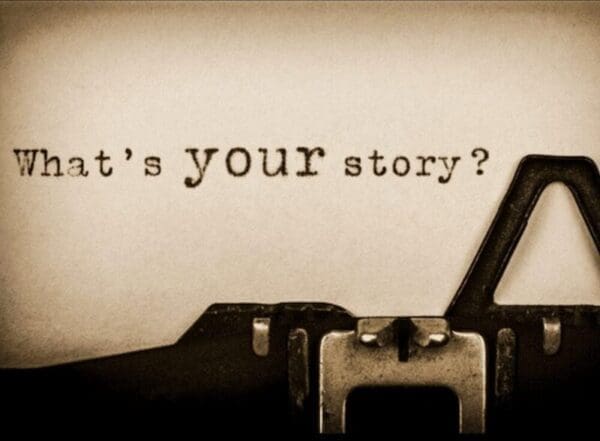I was having a conversation about my current unemployment status.
The privilege of my previous job allowed for me to slow down for a minute in the pursuit of my next big thing by way of a severance package. Not the most financially sound retirement plan, I know, but it has kept me from spending my days in a constant state of stress and panic.
My friend said something about health insurance and I was like “Whoa. Health insurance.” See, my job paid an insurance stipend but the plans were so ridiculously priced that I couldn’t afford to cover the balance, leaving me uninsured for quite a while. My kids have insurance but not me. (Why healthcare for adults in America doesn’t run like the CHIP program is lost on me, but that’s for another day).
When we ended the conversation, my first thought was how not qualifying for benefits for so many years has kept me from even considering using the safety net now, but the biggest take away was how my current privilege would allow the safety net to work in my life the way it is intended rather than how it actually does. I can possibly use the safety net to keep my family from falling into the abyss of poverty until I figure out my next move.
Hungry?
Government assistance programs were designed to be just that – assistance. They were never intended to be a sole income. They don’t, despite popular and stereotypical bias, pay well enough for anyone to be living their best life. Now before you start talking about the person you “know” who “lives off of the system,” let me stop you. The assistance programs are designed to be intersectional, meaning they heavily rely on each other, because poverty is intersectional.
If you don’t have a livable income then you’re probably hungry on some level, and hunger makes it difficult to think about anything else. No one is performing their job or education duties well if they’re constantly living with a food deficit because it’s not really possible.
The same goes for housing assistance. Imagine looking for work if you have no place to live. Even if you’re homeless with the privilege of sleeping on your friend’s couch, there are barriers. The three basic needs we most commonly talk about are food, clothing, and shelter. It’s hard to do anything if one or more of those pieces are missing, and there isn’t one program that addresses all of those needs, making it necessary to juggle multiple forms of assistance at one time. Do you see what I’m saying?
I’m saying all of this because I’m constantly hearing about the person someone “knows” who is being talked badly about because they receive food stamps, rent assistance, health insurance, and, sometimes, utility assistance. It’s always made to sound as if they are living the financial lifestyle of the CEO of a major corporation, and that’s so far from the truth that it’s ridiculous. To qualify for assistance, you have to be desperately struggling and caught up in a system that shows little grace and zero forgiveness. It’s not the life most people who aren’t living it think it is.
Lived Experience
The next thought I had was how afraid I am to apply for any assistance program. It’s taken me four years to reach a level of comfort with my finances, and by “comfort,” I mean I’ve only had to cash in a jar of change once this year. A huge part of that is because I received the miracle of a settlement, to be perfectly honest, and I’m living a more cost-efficient lifestyle (better housing).
I understand and acknowledge what it took for me to get here, and the use of the word “miracle” is spot on. All of this leaves me with a sense of foreboding when I think about looking into health insurance. What if, while choosing my next steps professionally, I linger too long in one place and that damned safety net grabs my ankle and leaves me dangling upside-down in a tree like a scene from an Indiana Jones movie?!? That, my friends, is my lived experience and my greatest fear. I’m terrified of going back there, which is a typical trauma response, I know.
We need to build a system that doesn’t entangle and immobilize us when we enter it with the expectation of receiving just enough help. It needs to be a system that is truly a hand up rather than a hand-out; a safety net that catches people before they fall into the abyss rather than tripping them up and placing bootstraps around their necks.
Poverty and government assistance are intersectional. But career change, unemployment, and the need for a little temporary help are, too.
Onward,
Amy Jo


